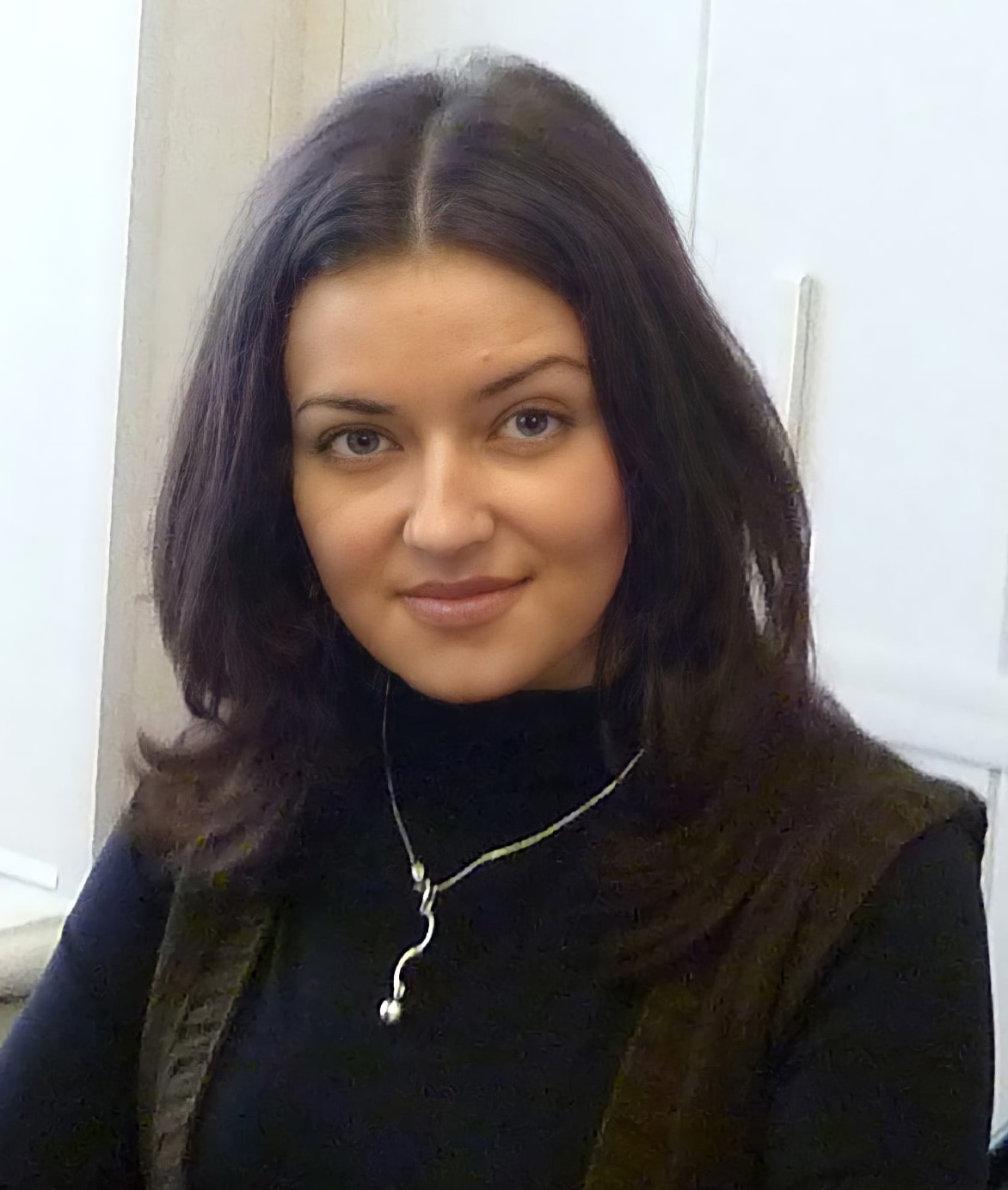The article deals with the features of the implementation of atheistic work in one of the republics of the North Caucasus – the Kabardian ASSR in the 40s–50s of the 20th century. The main directions of implementation of this work are analyzed: 1) indirect-atheistic work using the mass media available at that time; 2) direct-work carried out by direct communication of propagandists-agitators with the audience on the ground. A general description of the features of the implementation of atheistic work in this period, the techniques and methods used for this purpose, is given. The emphasis is placed on the widespread dissemination of natural science views to the masses, together with the foundations of Marxism-Leninism, as opposed to religious ideas. The paper points out a number of key problematic issues that reduced the quality and effectiveness of the field atheist work carried out – the lack of specialists, excessive focus on mass participation, lack of targeting. The article also analyzes the religious processes that took place in the Republican society during the period under review. Here the main attention is paid to the identification of the real place occupied by religion in the daily life of the inhabitants of the republic. The article examines the activities of ministers of worship, the functioning of religious communities and religious buildings, the prevalence of key religious prescriptions in everyday practice, and participation in major holidays. The paper concludes that atheistic propaganda has a weak impact on the religiosity of the population of the republic and the stable presence of religion in the daily life of the studied society. The results of the study are important for understanding the place occupied by religion in the Kabardian ASSR of the 40s–50s of the 20th century, i.e., during the so-called religious “thaw”.
Keywords: atheistic work, everyday life, propaganda, religious practices, republic, society, ritual, rite
DOI: 10.22250/2072-8662.2021.4.56-63
About the author
 |
Aleksandra N. Takova – PhD (History), senior research fellow at recent history sector of Institute of humanitarian investigations, |






